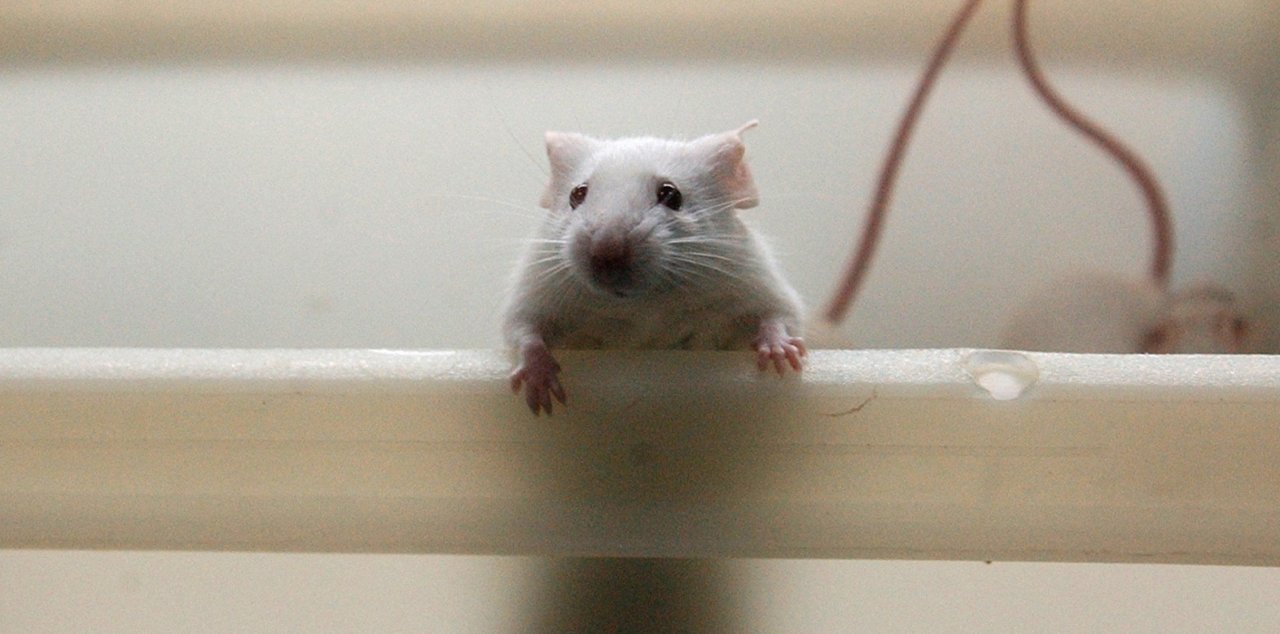Scientists at MIT have done what science-fiction writers have dreamed about: they've figured out how to implant fake new memories in the brain and edit old ones. To be sure, the brain in question belongs to a mouse, but such are the implications of the experiment's results, reported in the journal Science, that the researchers themselves are raising questions about ethics. Their technique, called optogenetics, marks brain cells associated with specific memories and makes them sensitive to light impulses, which can then be used to switch those memories on or off. One group at the MIT lab has turned recollections of fear into recollections of pleasure; another flips a switch in the male rodent's brain to make him remember females. Steve Ramirez, an author of the report, said in a recent TED Talk that he imagines a world "where we can reactivate any kind of memory that we'd like" and erase those we don't. In neuroscience, says co-author Xu Liu, there are no "arbitrary speed limits." For precisely that reason, the debate about where to take this breakthrough has to move outside the lab, they say. "We all have some big decisions ahead of us," Ramirez warns.
Is It Right to Change Memories?
























